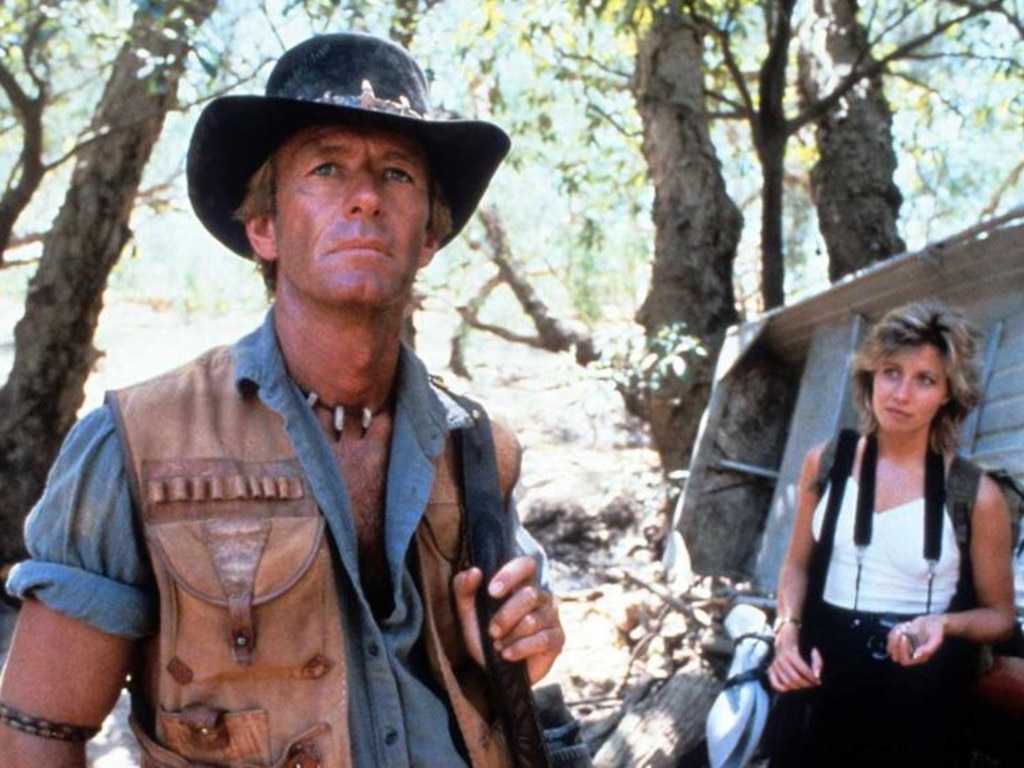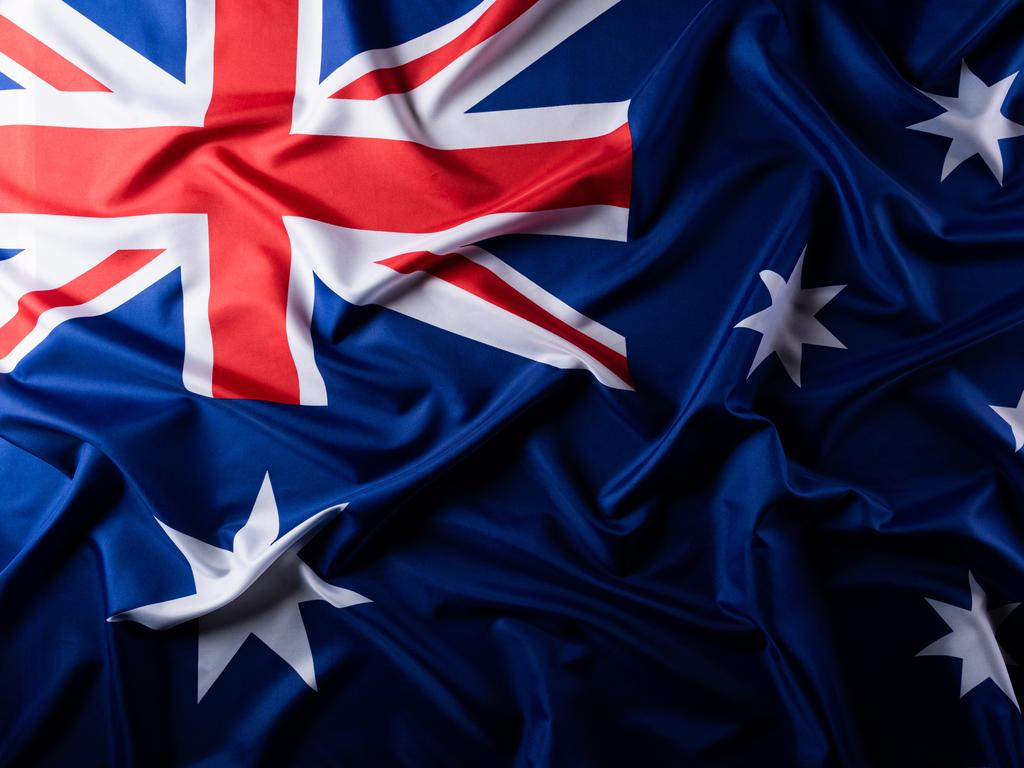Tennis bosses still serving faults over our national day

Naarm is the name given to the meeting place of various Indigenous language groups in what is now Melbourne.
In recent years, Tennis Australia has downplayed the significance of Australia Day. This year, the national anthem will be sung on Sunday, January 26 before the commencement of the men’s singles final. And that’s about it.
On January 17, the Herald Sun in Melbourne reported that Tennis Australia had issued a statement declaring: “We are mindful there are differing views and at the Australia Open we are inclusive and respectful of all.”
The statement continued: “We acknowledge the historical significance and deep spiritual connection our First Peoples have to their land and recognise this with a Welcome to Country on stadium screens prior to both the day and night sessions daily.”

Another instance of Australians being welcomed to the nation of which they are citizens.
In other words, to Tennis Australia there is nothing significant about Australia Day. If this is the case, why continue to name one of the world’s most important sporting events the Australian Open? The point being that some Australians – Indigenous and non-Indigenous alike – regard January 26, 1788 as “invasion day” and also do not accept the legitimacy of Australia itself.
If Tennis Australia is embarrassed to use the word Australia, then it should drop it.
There is nothing new in alienation – the concept that a person is hostile to his or her environment or country. During the 20th century, alienation was most evident in the social science departments of universities.
In recent times, it has spread into the green-left political movement, which rails against colonialism and post-colonial societies.
What the two groups have in common is a willingness to remain living in and depending on a society they claim to detest as racist and more besides.
It’s understandable that some Indigenous Australians, who have no non-Indigenous ancestors, might regret what happened to their nations during or after 1788. But Indigenous Australians with non-Indigenous ancestors are in a different category.

Independent (formerly Greens) senator Lidia Thorpe attained international coverage for her demonstration against King Charles III during his royal visit last year.
Previously, on Australia Day 2023, a stick-waving Thorpe stated at a demonstration in Melbourne: “This is war! A war that was declared on our people over 200 years ago!”
Interviewed by Annabel Crabb on ABC TV’s Kitchen Cabinet program, which aired on September 5, 2023, Thorpe spoke about her family life.
When discussion turned to her parents, the following exchange took place.
Thorpe: “He played for the Fitzroy Stars, which was an Aboriginal football team. He was captain-coach.” Crabb: “But he was a white guy, right?” Thorpe: “Yep. He’s a white fella.”
Now, I’m a republican but not of the direct-model kind.
Even so, for the moment at least, Charles is my king. He is also Thorpe’s father’s king, whether she likes it or not.
Thorpe’s view is contested in the Indigenous community.
Author and academic Anthony Dillon took part in a discussion on the voice referendum at the Sydney Institute in October 2022.
In his speech, Dillon wrote: “For Indigenous people, the secret of the formula to succeed is to, like myself, be born into good circumstances. I don’t apologise for that. I have an English mother and a very successful Aboriginal father who was not born into good circumstances. He’s an example of how you can escape.”

Northern Territory-based Country Liberal Party senator Jacinta Nampijinpa Price delivered a similar message to the National Press Club in Canberra in September 2023. She was born to an Indigenous mother and a white father.
Price maintained that Aboriginal “traditional culture” should not be romanticised, and expressed concern about “the level of violence in our communities”.
She also acknowledged that colonialism had delivered “a positive impact” on Aboriginal people – including ready access to medicine, running water and food.
Last Monday, ABC TV ran a program titled Hear Me Out: Australia Day. It was an unusual debate on the taxpayer-funded public broadcaster in that not all the panellists agreed with each other in a left-of-centre way.
All members of the panel identify as Indigenous – namely Andy Saunders (comedian), Kiki Morris (influencer), Bebe Oliver (author), Tyson Lindsay (consultant), Guyala Bayles (artist) and Dillon. All but Lindsay and Dillon favoured abolishing Australia Day.
The strongest opponent was Oliver. He stated: “Every single year in Naarm in Melbourne you walk down the streets on the 26th of January and you encounter groups and hordes of people who have Aussie flag tattoos, the double plunger thongs, the board shorts, the towels, the capes, the flags – basically saying, ‘Down with the black fellas; f. k the black fellas; white power all the way’.” No evidence was cited to establish that such language was used.
Bayles concurred with this view. It was contested by Dillon, who said any such “idiots” were a small number, and who described Australia as a “great country”.
A recent poll by Dynata for the Institute of Public Affairs found that close to 70 per cent of Australians believe “Australia Day should be celebrated on January 26”.
It’s not all that clear that abandoning Australia Day – the traditional holiday at the end of the summer break – would assist disadvantaged Indigenous Australians in any way; a point made by Dillon and Lindsay on the ABC – without significant challenges.
Indeed, it could well be counter-productive by those annoying Australians, Indigenous and non-Indigenous alike, who enjoy the January 26 holiday.
As to Tennis Australia – well, it’s into what British author James Bartholomew identifies as virtue-signalling. After all, not recognising Australia Day is merely a symbolic gesture – which will deny its supporters an occasion to celebrate and its opponents an opportunity to demonstrate. It would not help Indigenous Australians in any material way.
As to the “Naarm Open” – don’t hold your breath.





Is the Australian Open destined to become the “Naarm Open” over time? This seems to be the logical extension of Tennis Australia’s continuing decision not to proclaim Australia Day on January 26, the date of European settlement on the Australian continent in 1788.